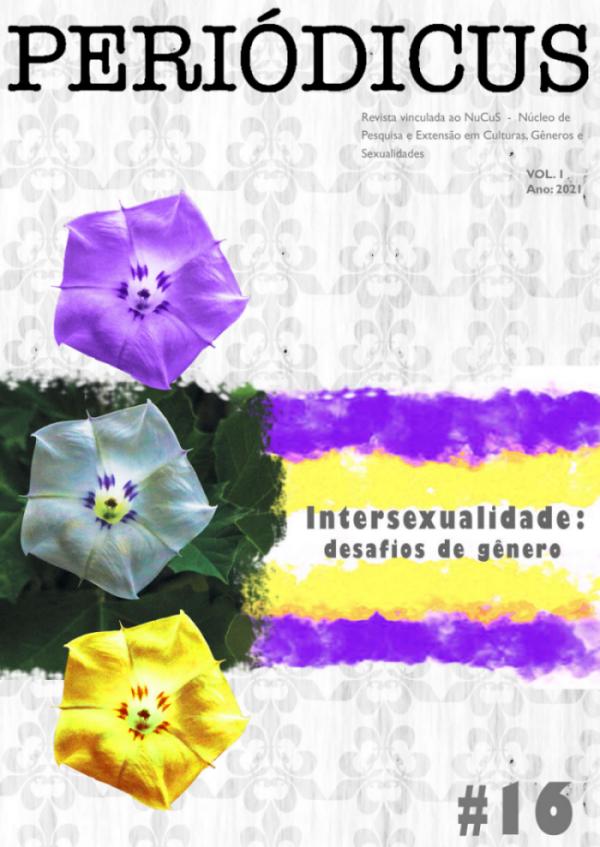University youths: disputed masculinities
DOI:
https://doi.org/10.9771/peri.v1i16.37029Abstract
This article aims to problematize how young university students understand the concept of masculinities and how their performance occurs in that environment. How these young people base what it is to be a “man” and their conflicts regarding the possibilities of experiencing the genders. For such purpose, this article works with a clipping: students, mostly eighteen years old, from the University of São Paulo, campus Butantã, more specifically from the School of Communications and Arts. The analysis is based on several extracurricular meetings held in the second semester of 2019 both inside and outside the university space. From this panorama, it is possible to reflect how men and women are in dispute on their way to (re)signify “being a man”. While men are still in the first stage of awareness about normalizing action, women are already able to identify, classify and act around the norm, especially because they are the main victims.
Downloads
Downloads
Published
How to Cite
Issue
Section
License
Copyright (c) 2021 Gabriel Morais

This work is licensed under a Creative Commons Attribution-NonCommercial 4.0 International License.
Autores que publicam nesta revista concordam com os seguintes termos:
Autores mantêm os direitos autorais e concedem à revista o direito de primeira publicação, com o trabalho simultaneamente licenciado sob Licença Creative Commons Attribution Noncommercial que permite o compartilhamento do trabalho com reconhecimento da autoria e publicação inicial nesta revista, sendo vedado o uso com fins comerciais.
Autores têm autorização para assumir contratos adicionais separadamente, para distribuição não-exclusiva da versão do trabalho publicada nesta revista (ex.: publicar em repositório institucional ou como capítulo de livro), com reconhecimento de autoria e publicação inicial nesta revista.
Autores têm permissão e são estimulados a publicar e distribuir seu trabalho online (ex.: em repositórios institucionais ou na sua página pessoal) a qualquer ponto antes ou durante o processo editorial, já que isso pode gerar alterações produtivas, bem como aumentar o impacto e a citação do trabalho publicado (Veja O Efeito do Acesso Livre).







